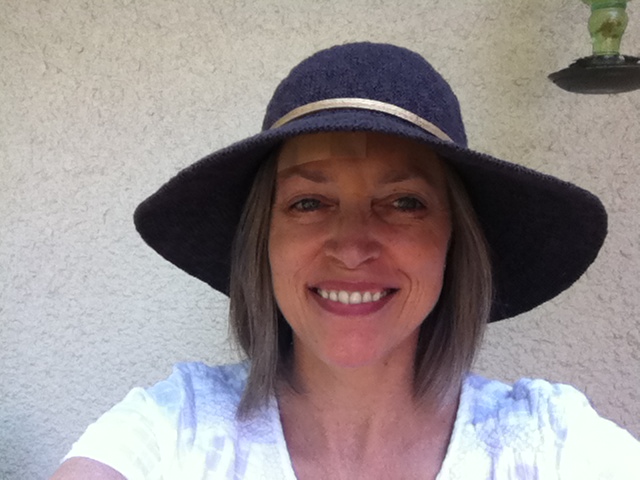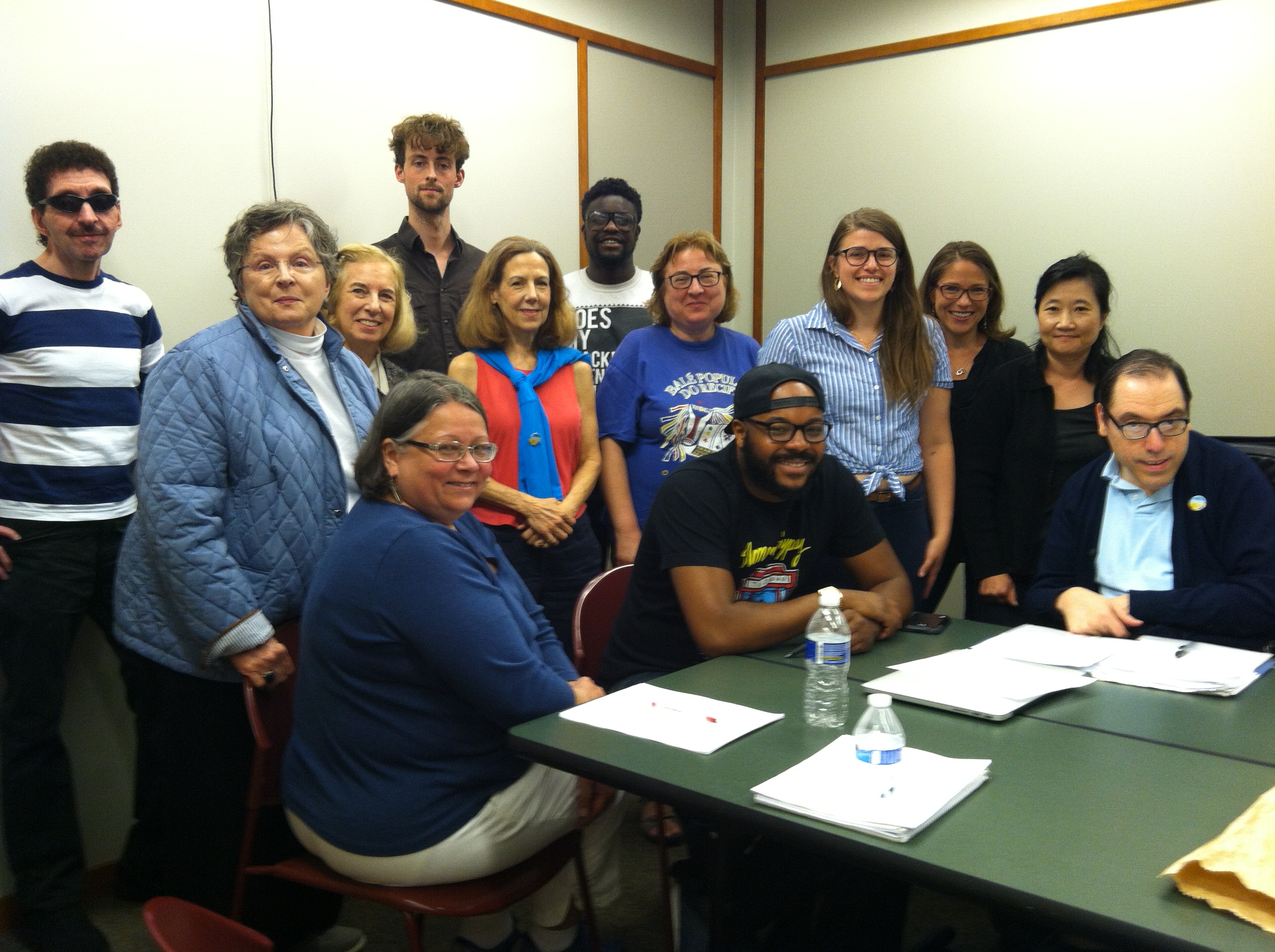Road Dog for Poetry
Craig Czury has spent three decades conducting poetry, life-writing, and writing as healing workshops in schools, universities, community centers, juvenile detention centers, homeless shelters, and mental hospitals. Czury is a lecturer at Albright University, an editor, publisher, tireless arts advocate, and the author of over twenty books of poetry, most recently, Thumb Notes Almanac: Hitchhiking the Marcellus Shale (FootHills Publishing, 2016), a poetry documentary woven from his hitchhiking interviews and observations taken while hitchhiking through the heart of "fracking" in his home region of Northeastern Pennsylvania. He is the cohost and artistic director of the Old School Poetry Series at the Springville Schoolhouse Art Studios, where he lives, works, and plays bocce.
ROAD DOG FOR POETRY
By Craig Czury
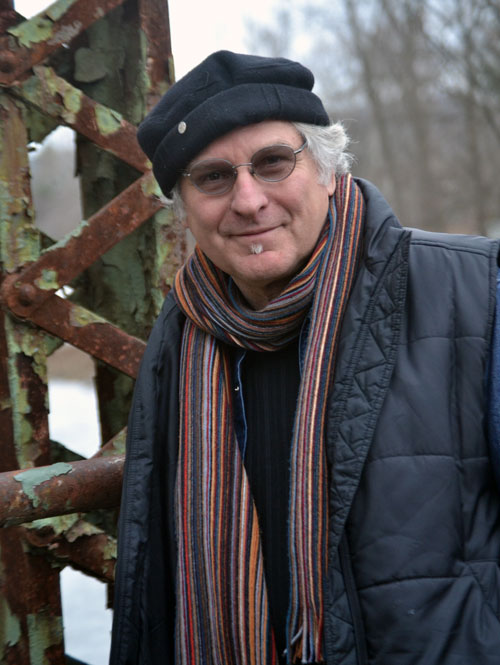
BECAUSE
Because I will never know where it is you find
your courage to speak without fear of punishment
fear of ridicule or invasion
Because I am always a stranger new in town
new in school new among best friends
But when we speak to each other from that place
inside ourselves where we're not afraid
even if it's the kitchen where we don't sleep at night
our words don't turn back on us like a cracked mirror
in the world that wears masks
Because
Because when your voice sifts through me
I need to talk with you from a familiar table
table set by the silenced not allowed voices
so we can sit talk and find out where we are
I’ve been a road dog for poetry ever since I was awarded the First Book Award from the Montana Arts Council in 1980. Invitations to conduct poetry writing workshops in schools began coming in and I found out that I was really good at stepping into a classroom and exciting students with language, getting them to write their own poems. For the next twenty-five years I made my living as an itinerant poet in schools, prisons, homeless shelters, mental hospitals, and community centers through various state arts councils and arts foundations, until No Child Left Behind knocked us all out of the water. In 2005 I went back to school to get an MFA in creative writing at Wilkes University and began teaching as an adjunct professor at Albright College, a small private school in Pennsylvania—not at all the same game as stepping into a room, making it spontaneously combust with poetry, and driving off to my next unknown excitement.
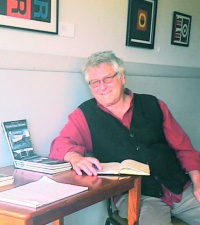
With the publication of my new book, Thumb Notes Almanac: Hitchhiking the Marcelus Shale, I took a leave of absence from my college teaching, bought a ’99 Volvo station wagon to bunk in, and, thanks to my publisher Michael Czarnecki of FootHills Publishing for introducing me to Poets & Writers, and my agent Kimberly Crafton, I set up a reading series throughout upstate New York. Within six months, I rolled into Cuba, Peru, Rome, Macedon, Utica, Bath, Endicott—global names of towns fitting the global consciousness of poetry. The salary I earned from my P&W–sponsored workshops and readings, afforded me airfare to Italy for a reading tour in May and June, where Thumb Notes Almanac had been translated and published into Italian. And when I returned, P&W kept me afloat to not only work on my next book of poems, but to encourage others, in out-of-the-way communities, to explore and take more seriously their own writing.
In the words of poet Carol Elaine Deys at Books Etc. in Macedon:
Expansive, eternal and occasionally soundless
in the world of choice - the every day world -
the world which requires us to sustain.
We write.
We determine as whole and well on Planet Earth.
We sustain, because we must.
The Voice of the Poet remains intact despite all
rumors to the contrary -
and we shall be blessed because of it.
Photos: Craig Czury. Photo credit: Kimberly Glemboski
Support for the Readings & Workshops Program in New York is provided, in part, by public funds from the New York State Council on the Arts, with additional support from Friends of Poets & Writers.






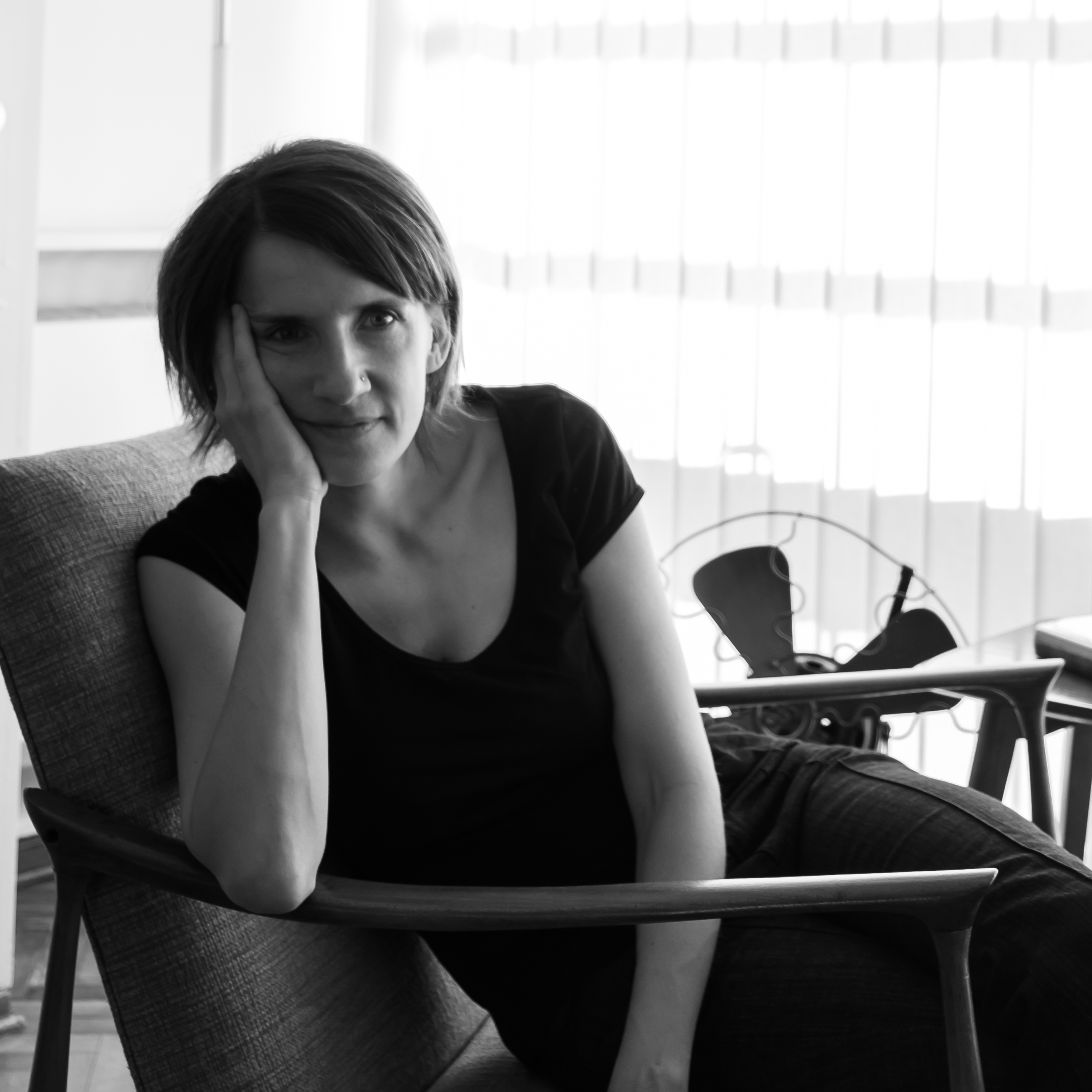 We are very pleased to announce the Señal Tour, a set of bilingual readings and discussions with authors and translators from the Señal Series, featuring poets
We are very pleased to announce the Señal Tour, a set of bilingual readings and discussions with authors and translators from the Señal Series, featuring poets 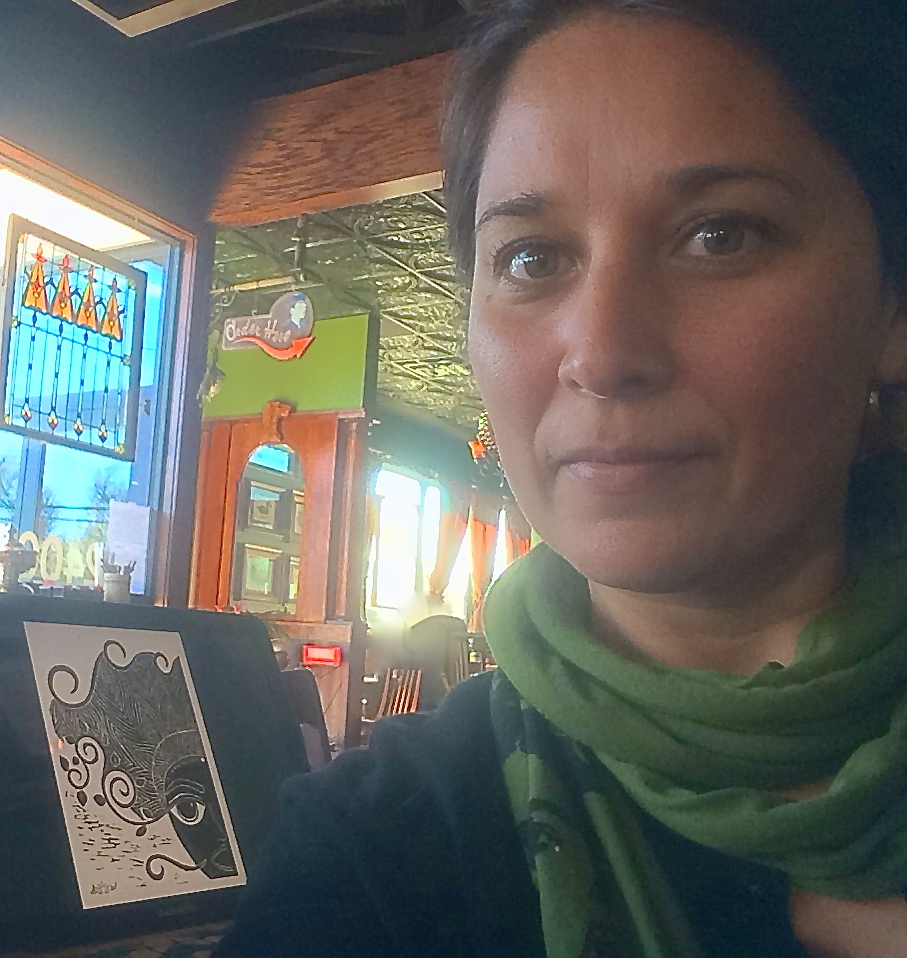 LibroMobile
LibroMobile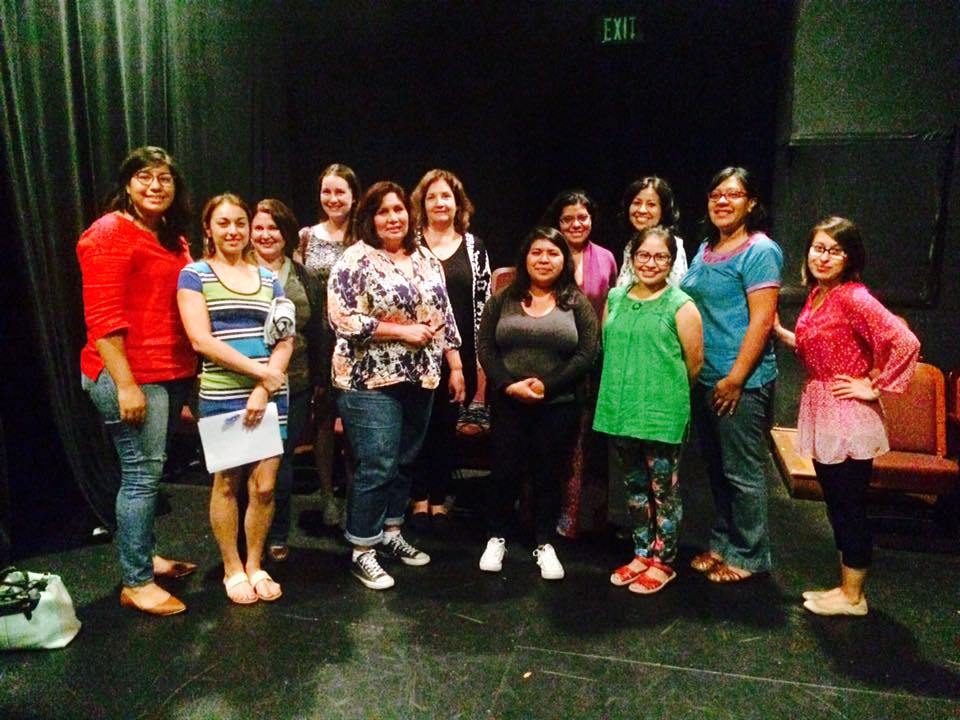 The LibroMobile resides at
The LibroMobile resides at 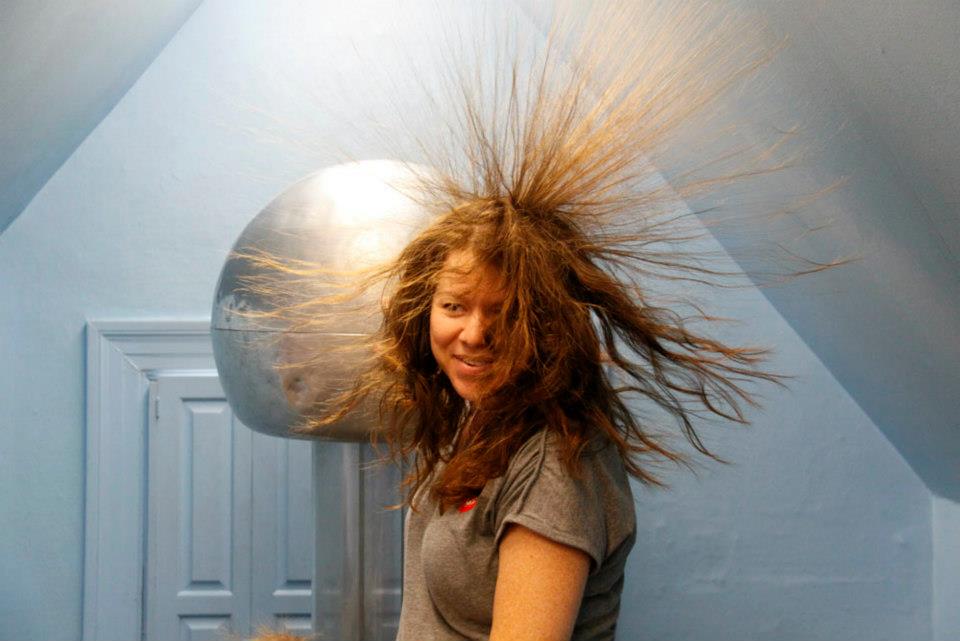
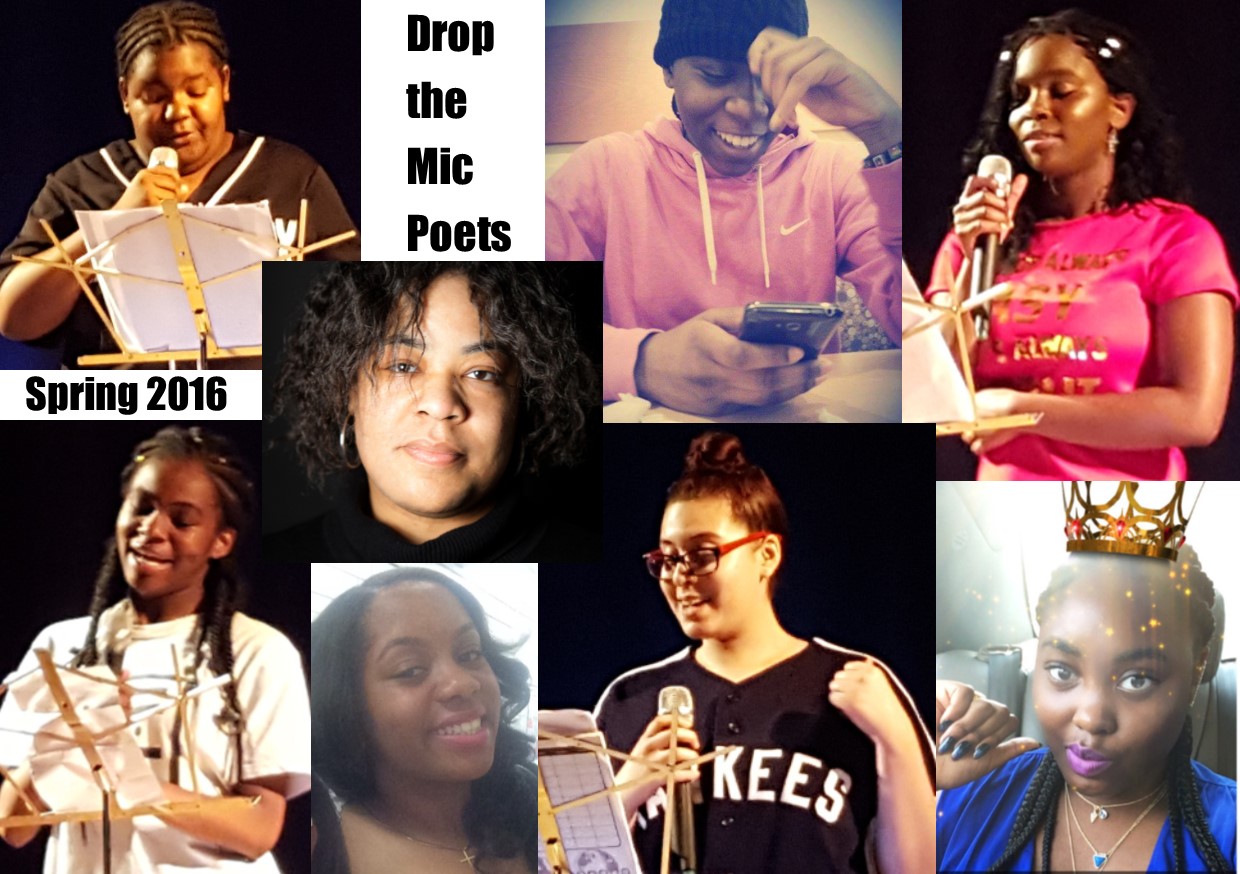
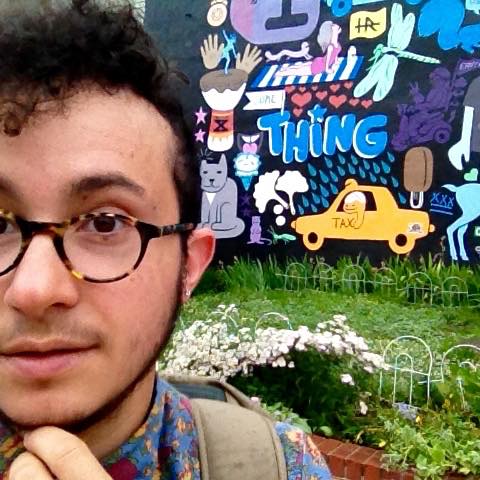



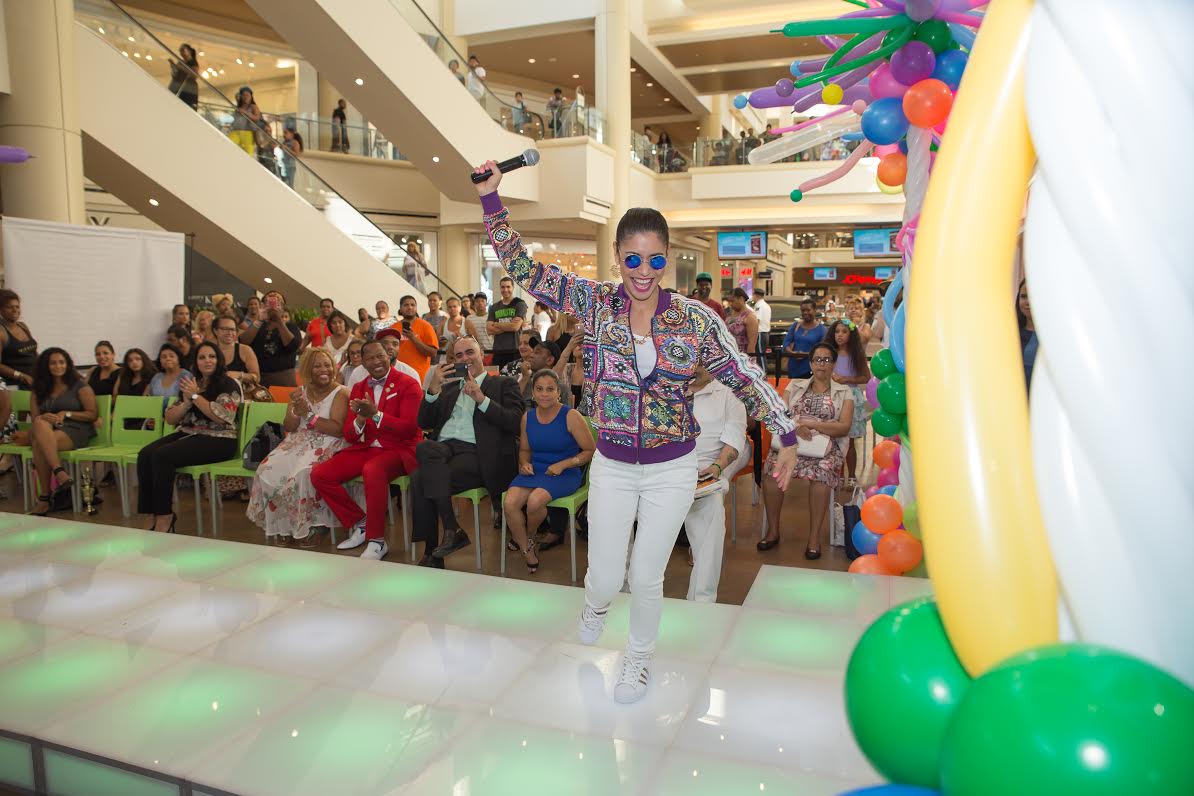

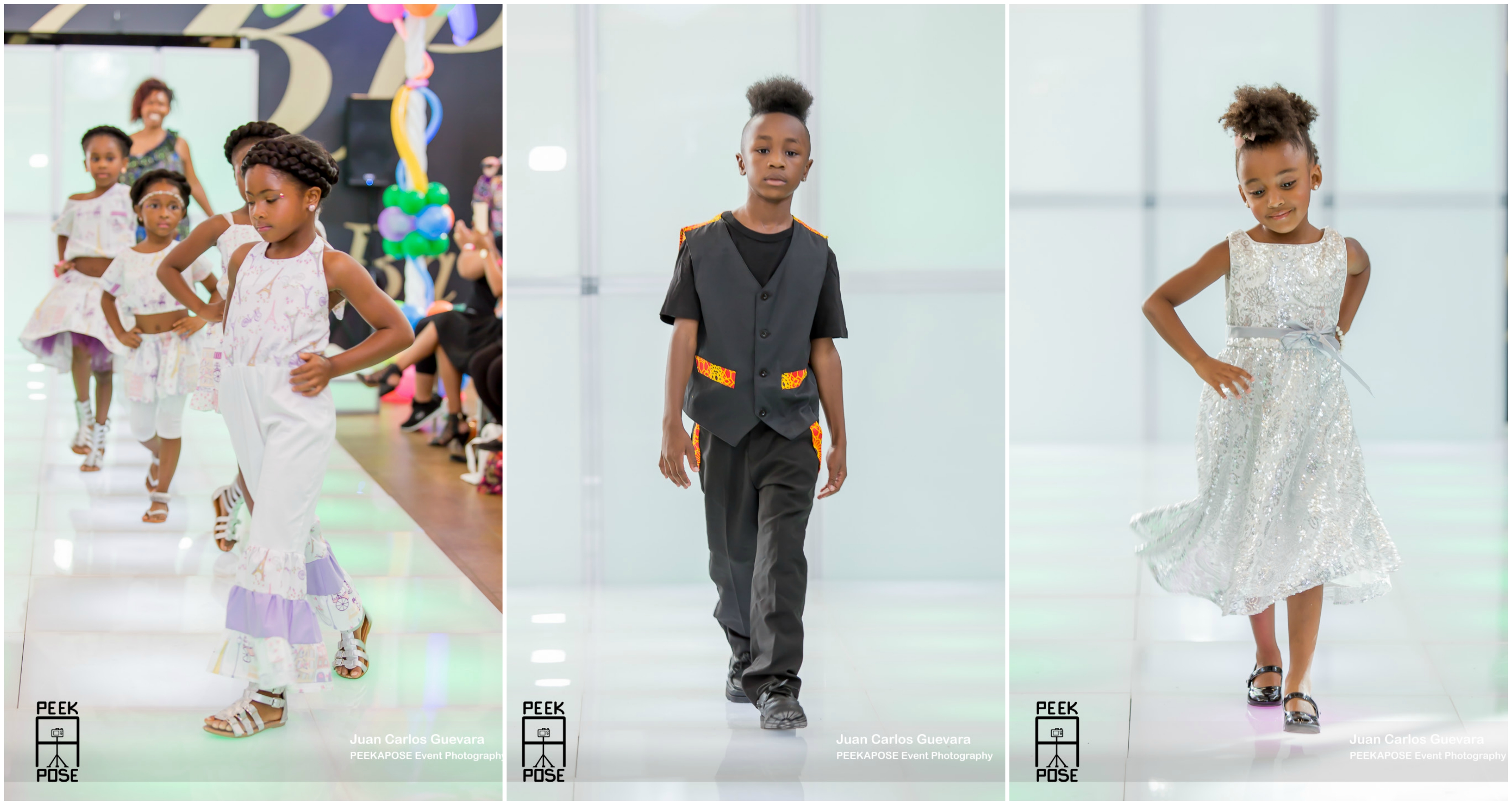
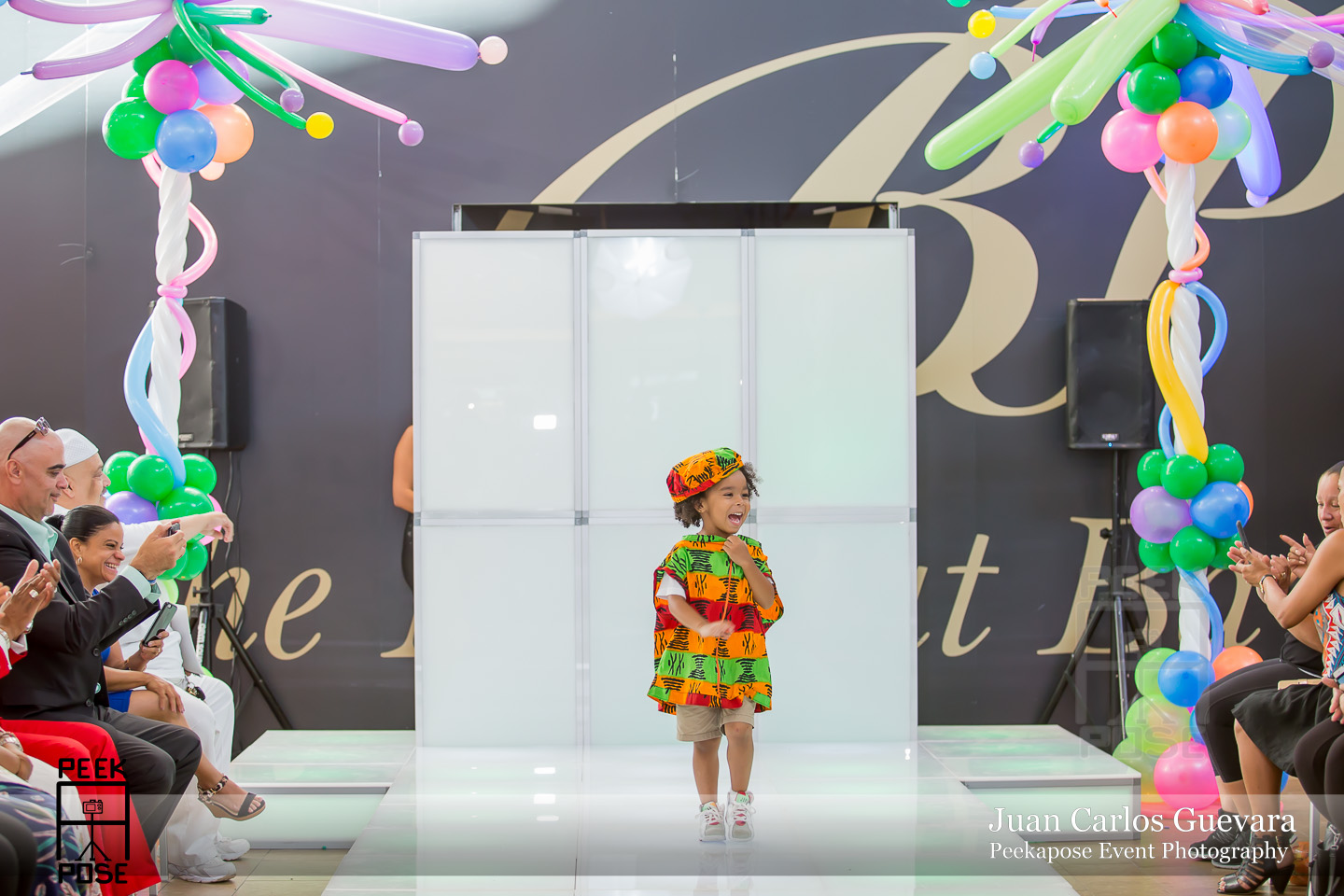
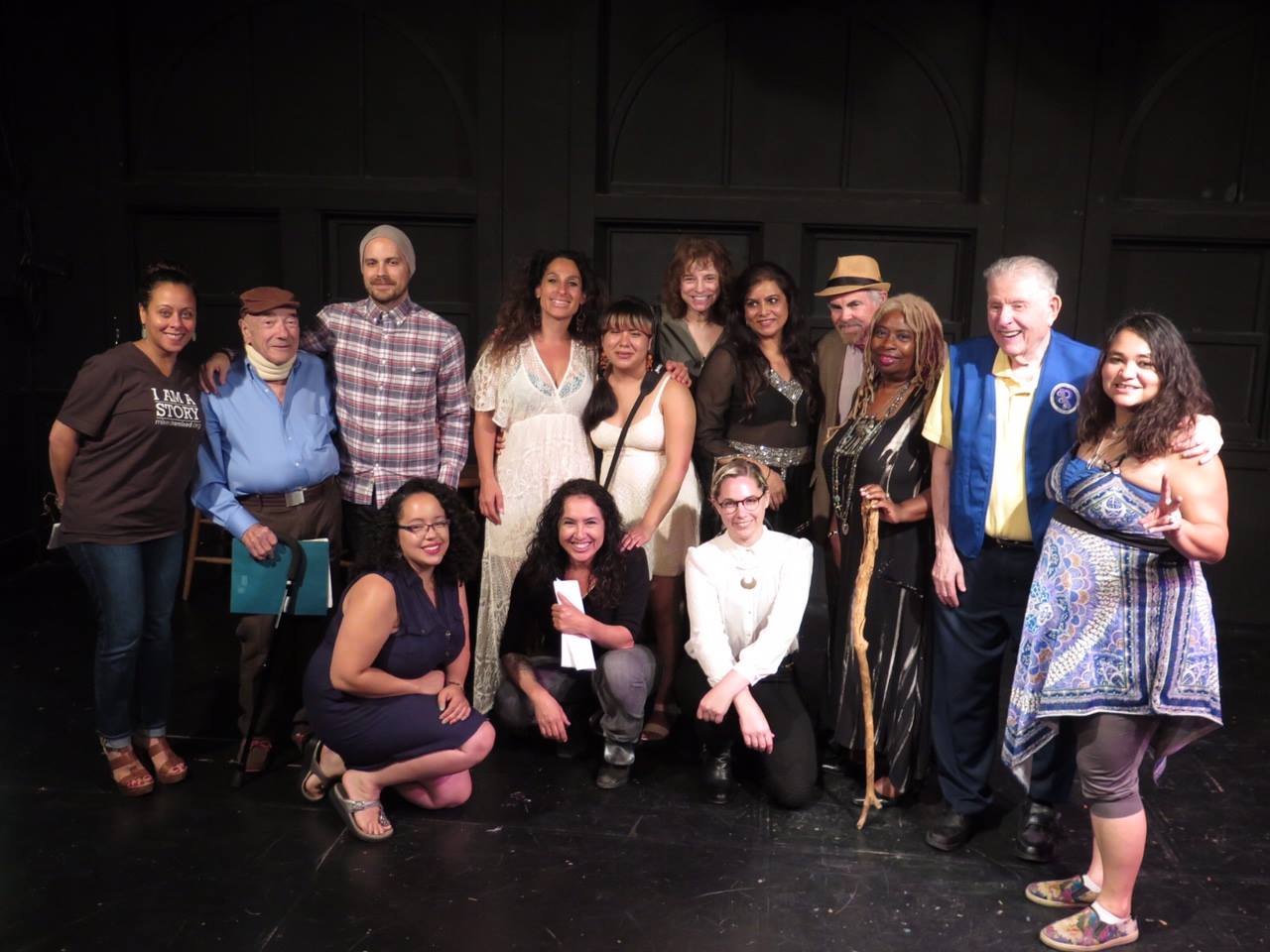

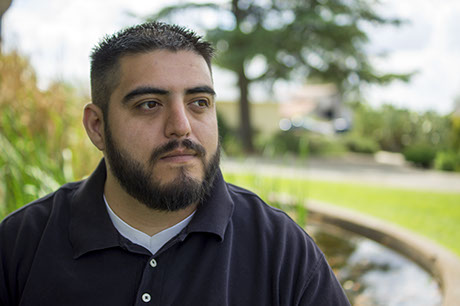 I drove down Highway 99 and took the 43, a two-lane highway, watching developments turn into vineyards, orchards, and the expansive agricultural land California’s Central Valley is known for. A tourist might be entranced with the plant life, but I couldn’t help but think of the houses, the sheds, the men, women, and children covered in the ninety-degree heat. The town of fifty-three thousand was quiet when I drove in on a Saturday morning where the Kings County Library in Hanford was still closed. They opened early for the workshop I was to give; I entered the space and prepped, greeting each of the twelve attendees trickling in.
I drove down Highway 99 and took the 43, a two-lane highway, watching developments turn into vineyards, orchards, and the expansive agricultural land California’s Central Valley is known for. A tourist might be entranced with the plant life, but I couldn’t help but think of the houses, the sheds, the men, women, and children covered in the ninety-degree heat. The town of fifty-three thousand was quiet when I drove in on a Saturday morning where the Kings County Library in Hanford was still closed. They opened early for the workshop I was to give; I entered the space and prepped, greeting each of the twelve attendees trickling in.